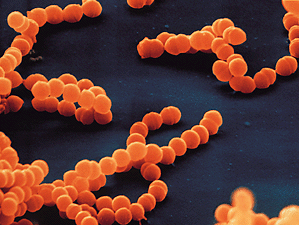Nobel Chemistry Prize Awarded for Digital Lab
Wednesday, October 9th, 2013October 9, 2013
Three foreign-born United States citizens have won the 2013 Nobel Prize in Chemistry for their work in designing powerful computer models that are widely used to study an amazing variety of complex chemical interactions. The winner are Austrian-born Martin Karplus of Harvard University and the University of Strasbourg; South African-born Michael Levitt of Stanford University School of Medicine; and Israeli-born Arieh Warshel of the University of Southern California, Los Angeles.
Developing new drugs is only one application of this pioneering work. “Today the computer is just as important a tool for chemists as the test tube. Simulations are so realistic that they predict the outcome of traditional experiments,” the Nobel Committee said. “The work of Karplus, Levitt and Warshel is ground-breaking in that they managed to make Newton’s classical physics work side-by-side with the fundamentally different quantum physics. Previously, chemists had to choose to use either or.” Quantum physics is the study of the smallest known units of matter and their activity. Using programs based on Karplus, Levitt, and Warshel’s models, researchers can study the behavior of large molecules as well as the atoms and electrons in them.
“Chemical reactions occur at lightning speed,” the Nobel Committee explained. “In a fraction of a millisecond, electrons jump from one atomic nucleus to the other. Classical chemistry has a hard time keeping up; it is virtually impossible to experimentally map every little step in a chemical process. Aided by the methods now awarded with the Nobel Prize in Chemistry, scientists let computers unveil chemical processes, such as a catalyst’s purification of exhaust fumes or the photosynthesis in green leaves.”



